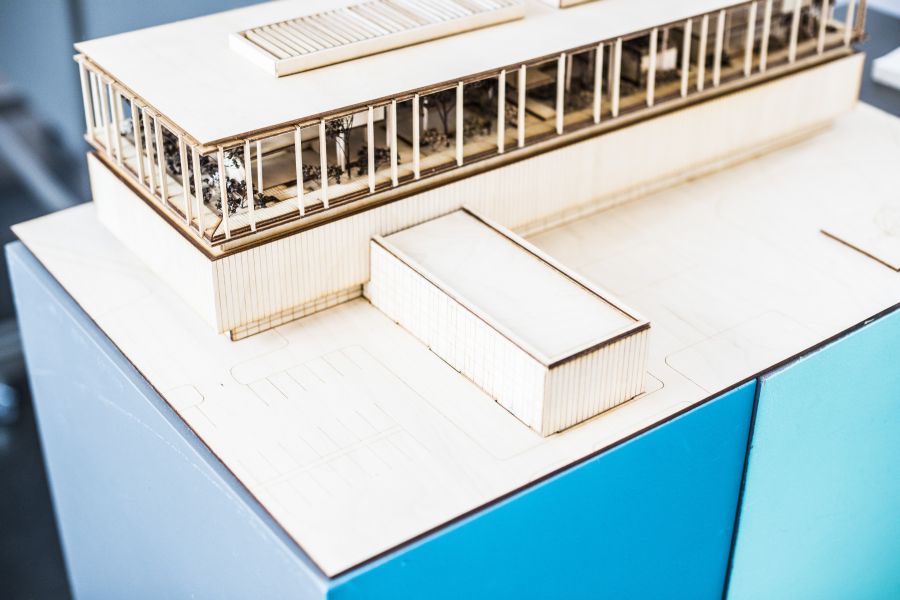
Research
BEN is known for high-impact research that delivers practical benefits in the fields of architecture, transport, construction and civil engineering. Bibliometric indicators demonstrate that there has been a steady increase in the quality and impact of our research over the past few years. A strategic research theme that runs through our Faculty is the development of sustainable built environment.
In 2020, we launched several large-scale research projects. Many of them are implemented as collaborative network projects that involve a number of companies and research institutions. These projects explore, among other things, the crisis preparedness of living and working environments, the use of digitalisation to improve the productivity of infrastructure construction, the improvement of indoor air quality in public and commercial buildings through renovation, and the prevention of the spread of Covid-19 in indoor environments.
In 2020, we established a new research centre, Terra, to study the safe construction and maintenance of infrastructures included in the built environment, such as roads, railways and green spaces as well as the outdoor spaces and foundation structures of buildings.
We also established a new professorship of practice in the field of technical building solutions. This is an important field, among other things, from the perspective of managing climate change. The new professorship complements our range of expertise and serves as a link to the activities in building services engineering at Tampere University of Applied Sciences.
The Civil Engineering Unit recruited one new tenure-track faculty member who specialises in sustainable transport systems.
Education
The introduction of the new English-language Bachelor’s Degree Programme in Sustainable Urban Development in 2020 marked a significant change as our educational offerings previously included Finnish-language degree programmes in architecture and civil engineering. The new programme, implemented in collaboration with the Faculty of Management and Business and the Faculty of Social Sciences at Tampere University, attracted a large pool of applicants and was successfully launched despite the challenges arising from the Covid-19 crisis.
Due to the pandemic, the year 2020 was an extraordinary time for teaching and learning, but BEN emerged relatively unharmed. Most importantly, we were able to offer safe in-person instruction to our first-year students. Some of the workarounds we devised to defer the practical problems – such as students’ access to crucial on-campus software when the use of the computer labs was restricted – will remain in place to help our students make effective academic progress in the years to come. The year 2020 was a record year for graduation, with the Faculty conferring an unprecedented number of bachelor’s and master’s degrees.
The implementation of a set of civil engineering courses in collaboration with Tampere University of Applied Sciences is becoming an established practice. We have continued to deepen our collaboration by sharing teaching resources, organising joint courses, developing collaborative laboratory activities and creating administrative practices that facilitate cooperation.
We carried out two pilot projects to further develop continuous learning practices. The Architecture Unit designed two new courses, one on urban planning and the other on landscape architecture. The Civil Engineering Unit adopted a continuous learning model where existing MSc courses are offered to working professionals looking to upgrade and expand their skills.
Societal impact
Maintaining active interaction with society is an established part of our activities. Virtually all our research projects include companies or public organisations as partners. Our external stakeholders are also actively involved in teaching as guest lecturers, and authentic practical assignments bring the real world into the classroom.
An important avenue for making an impact on society is the ongoing standardisation of the construction sector in Europe, in which our construction engineering experts have actively participated. As the standards for the design of buildings have far-reaching implications for construction industry, it is important that they reflect national realities relating to, for example, climate and geology.
We invested in external communications, and many of our researchers and research projects received widespread coverage in professional journals and newspapers. We regularly publish the Momentti newsletter which is specifically catered to our external stakeholders to keep them up to date on our latest news and research.
